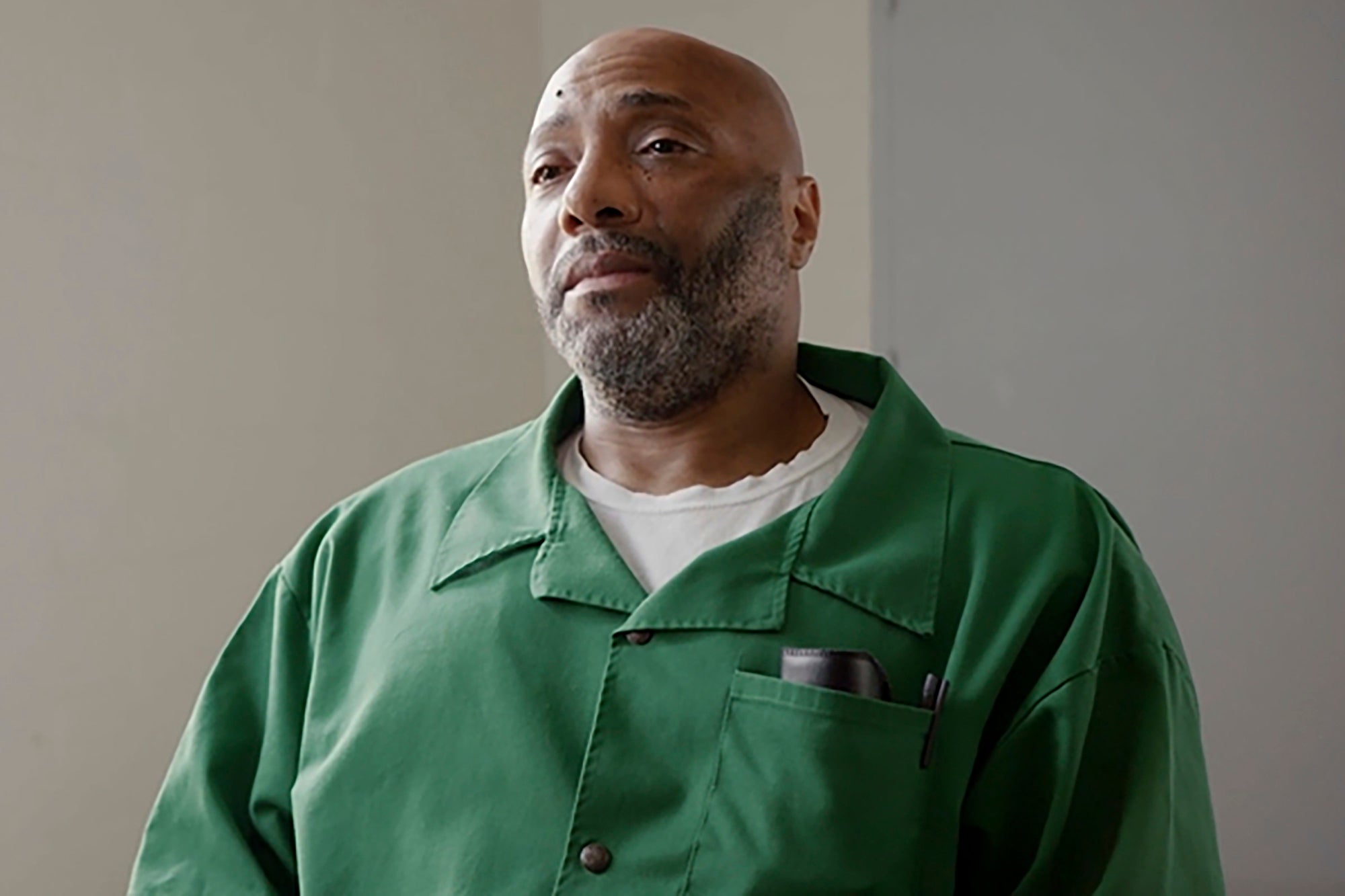South Carolina executes Richard Moore for 1999 killing despite pleas from former jurors
Three jurors, Moore’s trial judge, and a former state prison director called for the 59-year-old to get clemency
South Carolina on Friday executed Richard Moore, 59, for the 1999 fatal shooting of store clerk James Mahoney, despite growing calls for clemency.
Moore was lethally injected with pentobarbital and pronounced dead about 20 minutes later at 6:24pm.
“To the family of Mr. Mahoney, I am deeply sorry for the pain and sorrow I caused you all,” Moore said in a final statement. “To my children and granddaughters, I love you, and I am so proud of you. Thank you for the joy you have brought to my life. To all of my family and friends, new and old, thank you for your love and support.”
The execution marks the second execution in the state since killings resumed in September after a 13-year pause, owing to drug companies refusing to sell lethal injection chemicals to South Carolina.
Moore is also thought to be the only person in state history executed for armed robbery despite not bringing the weapon used onto the scene. The 59-year old, who is Black, was also thought to be the last person to be sentenced to die in South Carolina after having all Black jurors removed from their trial, according to South Carolina’s The State newspaper.
“He was not a danger to anyone, and the state eliminated a glowing example of reform and rehabilitation,” Justice 360, the law firm representing Moore, said in a statement. “By killing Richard, the State also created more victims. Richard’s children are now fatherless, and his grandchildren will have to grow up without their ‘Pa Pa.’”

Moore was sentenced to death in 2001 for the September 16, 1999, killing of Mahoney in Nikkie’s Speed Mart, an all-night store near Spartanburg.
Moore did not enter the store armed.
Prosecutors say Moore, who had just lost his job, took a gun from behind the counter of the store as he attempted to rob the store to get money to buy crack cocaine. He left the encounter with a bag of $1,408 in cash.
Moore’s attorneys claim Mahoney fired the first shot on Moore during a dispute because the customer was 12 cents short on his purchase. They allege he was able to grab another gun stored under the checkout counter and return fire in self-defense, killing Mahoney. They further claim shell casings found at the crime scene can prove it was self-defense, though a court never agreed to hear that evidence.
A witness, Terry Hadden, who was blind in one eye, said he saw Moore holding both of Mahoney’s hands in one of his one and a weapon in the other. Hadden claimed that Moore fired at him, prompting him to play dead. Hadden says he then heard multiple gun shots.
Mahoney shot Moore in the arm, while Moore shot Mahoney through the heart.
Advocates argued in a clemency petition to South Carolina governor Henry McMaster that Moore had become a devout Christian and positive mentor to fellow inmates in prison, and that his case was a part of the well-documented racially disproportionate use of capital punishment against Black people in America.
Virtually all death penalty cases in the county at the time of the trial involved victims who were white, and as of Friday, including Moore, almost half of the state’s death row inmates were Black, despite comprising little more than a quarter of the population.
In a 2022 dissent to a court decision upholding Moore’s punishment, former South Carolina Supreme Court Justice Kaye Hearn called the situation a “relic of a bygone era” and proof “that our system of capital punishment is broken.”
Three jurors and Moore’s trial judge were among those urging McMaster to grant clemency, which he declined on Friday, a day after the US Supreme Court declined to halt the execution.
“I have carefully reviewed and thoughtfully considered the application, matters of record, including transcripts, briefs, and judicial decisions,” McMaster said of his decision, noting he’d spoken with one of Mahoney’s family members.
Supporters argued Moore’s sentence was disproportionate.
State Sen. Josh Kimbrell, R-Spartanburg, said in a statement after the execution Moore’s crimes weren’t as bad as those of Alex Murdaugh, the wealthy South Carolina lawyer who killed his wife and son as a part of a larger multi-million dollar theft scheme amd was sentenced to life in prison.
Kimbrell said in a statement to capital punishment should be applied “fairly, consistently, and in cases that truly meet the threshold of society’s more reprehensible crimes.”
“Tonight’s execution of Richard Moore does not rise to that level.”
Moore’s final meal was steak, fried catfish and shrimp, scalloped potatoes, green peas, broccoli with cheese, sweet potato pie, German chocolate cake and grape juice.
Observers believe that a Donald Trump win in November would lead to a dramatic increase in executions on federal death row, alongside continued state executions like that of Moore.
Bookmark popover
Removed from bookmarks